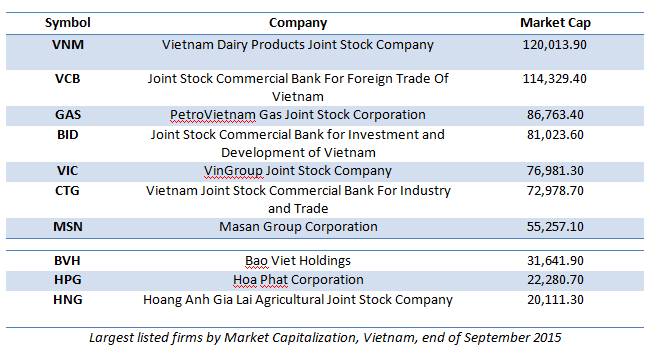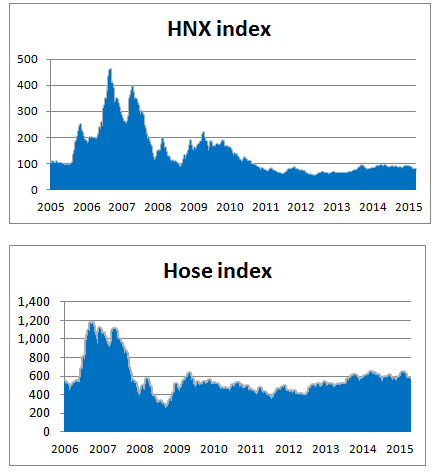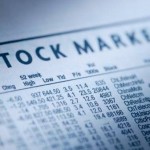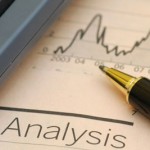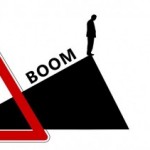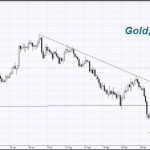Why Vietnam could prove to be the best place to invest in the coming years

When you hear talking about stocks and stock markets, most of the time, you hear about the Dow Jones, the Nasdaq, the Footsie or the Dax. Over the last decade, the largest emerging stock markets such as China, Brazil and India have started receiving more and more media coverage. The same cannot be said about the Vietnamese stock markets which are still out of the media’s radar.
There are naturally several reasons that can explain this, notably the small size of the market, the language barrier and the fact that the country was still among the underdeveloped countries of the world until recently. However we live in a rapidly changing world and Vietnam is now what we call a frontier market, that is a type of developing country which is more developed than the least developing countries, but still too small to be considered an emerging market.
Two stock exchanges but not for long
The Vietnamese government is looking to attract more foreign investors and has already taken some actions to make this happening. In fact, Vietnam has already allowed some companies to raise foreign ownership limits to 100% and the Vietnam Association of Securities Business (VASB) has recently proposed the merger of the two stock exchanges. There is no certitude about when this merger will happen, but it will happen soon. Anyway, at the time being, Vietnam still has two stock exchanges, the Hanoi Stock Exchange or HNX and the Ho Chi Minh Stock Exchange or HOSE.
The Hanoi Stock Exchange was established in March 2005 and handles auctions and trading of stocks and bonds. The exchange has a market capitalization of USD 6 billion. The main index of the HNX exchange is the HNX-Index which was launched with a base index value of 100 about ten years ago. This index shows the change in prices of all stocks traded on the Exchange and is calculated by comparing the current market capitalization to the market capitalization of all listed stocks on the base day.
The other exchange, the Ho Chi Minh Stock Exchange, is mostly dedicated to equities trading and was established in 2000. The HOSE, as we call it, is much larger than the Hanoi stock exchange with a market capitalization of USD 49 billion. The main index of the exchange is the VN-Index which was launched with a base index value of 100 fifteen years ago and which is a capitalization-weighted index of all the companies listed on the exchange. 664 companies are currently listed on the Vietnamese stock markets and the largest company is Vinamilk, a dairy producer which recently overcame the Bank for Foreign Trade of Vietnam (Vietcombank).
A booming economy with a low social instability risk and a rapidly maturing financial system
As any other frontier market, Vietnam faces major issues. The country struggles to hold onto foreign investment; the stock market struggles with low liquidity and many Vietnamese view the stock market as a casino, which mechanically create high volatility that can easily destabilize the markets. Nonetheless, there are an overwhelming number of reasons to be bullish about the future of the Vietnamese stock markets.
• Vietnam has a disciplined, hard-working, and fast-learning young population. Almost 70% of the population is aged between 15 and 64 and most of them are well educated; many Vietnamese, especially young people, can speak English quite fluently and are knowledgeable on new technologies. As Jean Bodin used to say: “Man(kind) is the only true source of wealth”.
• Vietnam is one of the fastest-growing economies in the World and according to Pricewaterhousecoopers, Vietnam is likely to become the world’s 22nd largest economy in purchasing power parity (PPP) terms by 2050.
• Thanks to its close friendship and strategic partnership with Japan, Vietnam is also likely to become a major player in discussing and undertaking efforts to address regional and global issues. Japan invests massively in Vietnam and the ties between the two countries have never been so strong.
• Finally, the country has a Low social instability risk and a financial system that is maturing rapidly. The economic reforms need to be maintained but there is no doubt that the country is heading in the right direction. Recently, Vietnam arrested and jailed bankers for fraud, and has pushed state assets onto the private sector.
An undervalued market with large dividend payouts
There many different ways to determine if a specific market is undervalued or overvalued and different indicators can be used. Many of them seem to show that the Vietnamese stock markets are clearly undervalued at the present time. Vietnam’s equity markets are currently trading well below their peak levels reached in 2007 and they look cheaper than regional peers in both price-to-earnings and price-to-book terms. The Hanoi stock exchange had a Price to earnings ratio of 9.4x as of September 2015 while The Ho Chi Minh Stock Exchange had a Price to earnings ratio of 10.8x. It is also worth noting that as a percentage of GDP, the total market cap of Vietnamese equities is currently 30%. By comparison, these numbers are 116% and 95% for Thailand and the Philippines respectively.
One of the best features of the Vietnamese stock markets is the opportunity it provides to receive huge dividends. It is not rare indeed to see stocks with dividend payout of 10% or more, which means that even with a medium size portfolio you can expect receiving several thousands of dollars in dividends every year.
Of course, for an average investor, investing in Vietnam can sound complex. The most traditional approach would be to invest through mutual funds or exchange-traded funds. However, these investments can turn out to be really expensive and are limited in many aspects. Another approach, much more efficient, would be to open a broker account in Vietnam which can be done from abroad.
Building a strong and efficient Vietnamese’s portfolio is not an easy task but with the support of knowledgeable professionals there are definitely many opportunities for adventurous investors who are looking for big rewards. Robert G. Allen once said “How many millionaires do you know who have become wealthy by investing in savings accounts? I rest my case.” No one can say that Vietnam is a sure bet, but there are many reasons to believe that it has the potential to be a very lucrative one.
Author:
Vivian Montet
I am holding an MBA in Investment Management from Pace University, New-York, with an overall GPA of 3.72 and a Major GPA close to 4. I am a member of the international business honour society Beta Gamma Sigma and I also hold a French Master’s degree in Portfolio Management. I am now enrolled in a postgraduate diploma in financial strategy from Said Business School, Oxford University. I have worked for a number of financial companies in France, New York and London such as Commerzbank, PricewaterhouseCoopers and BNP Paribas. I am now working for Anh Thomas Investment & Management Consulting Co., Ltd, a small advisory financial firm incorporated in Vietnam and more recently in Delaware. Anh Thomas is constantly looking for the best worldwide investments opportunities for its clients and is currently focusing on the Vietnamese stocks markets and the Houston real estate market.









